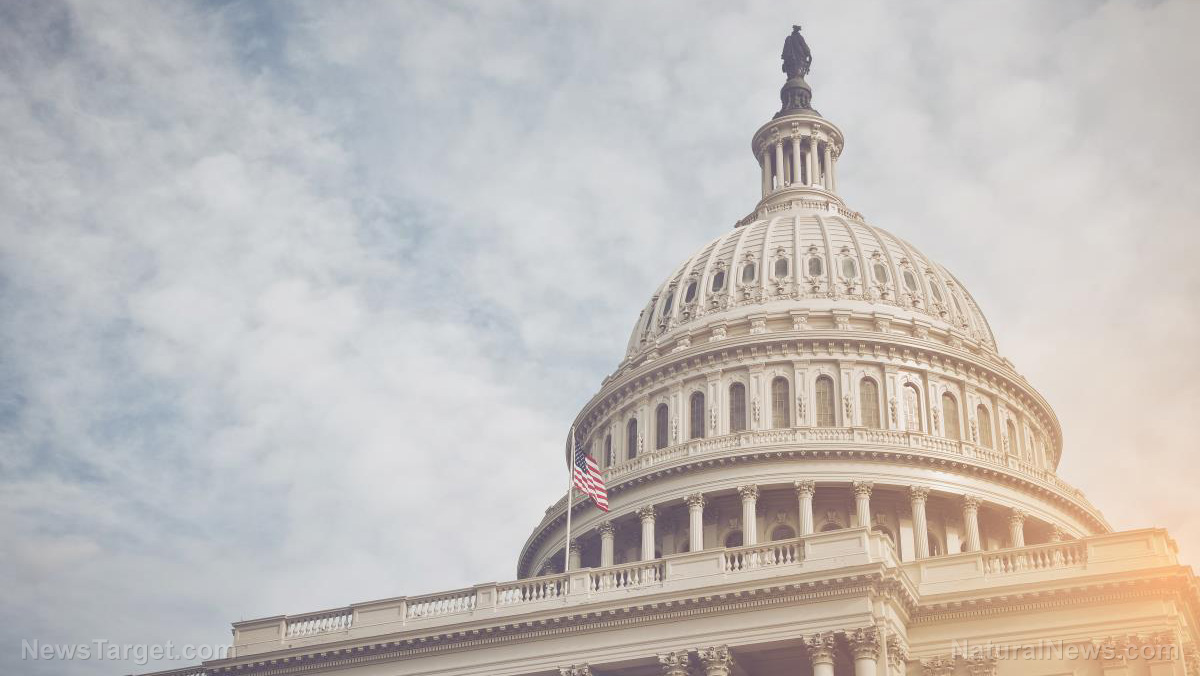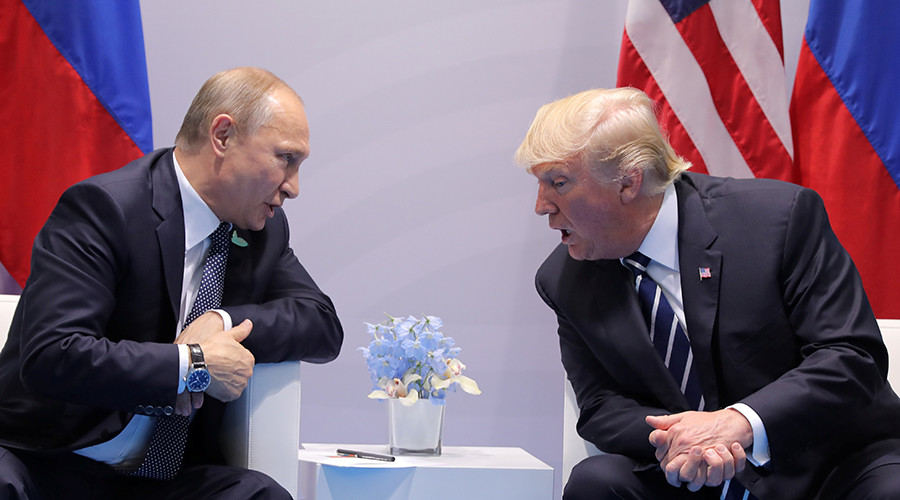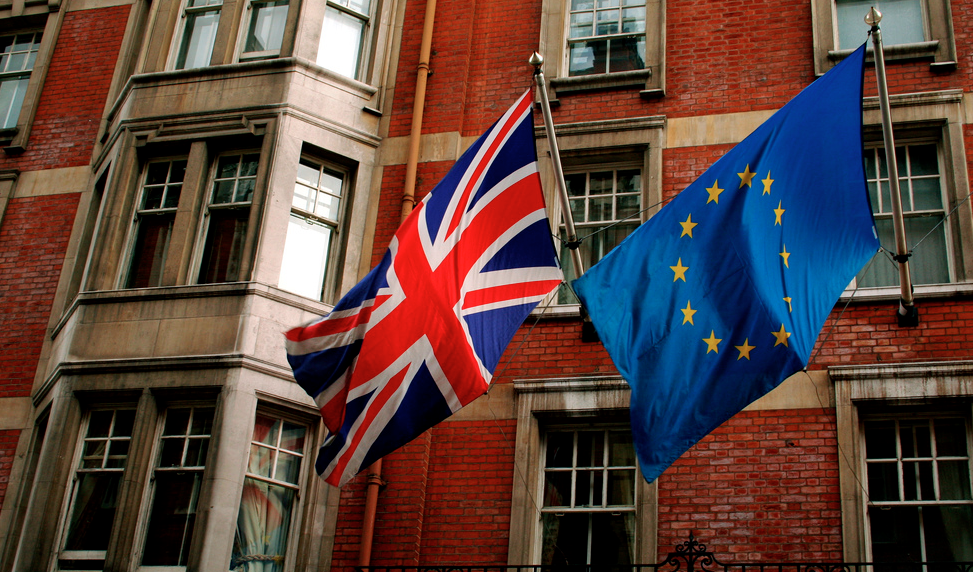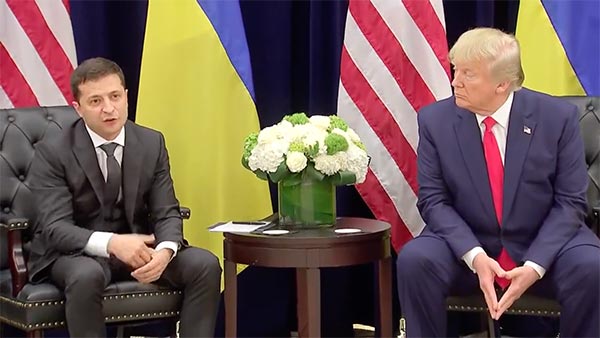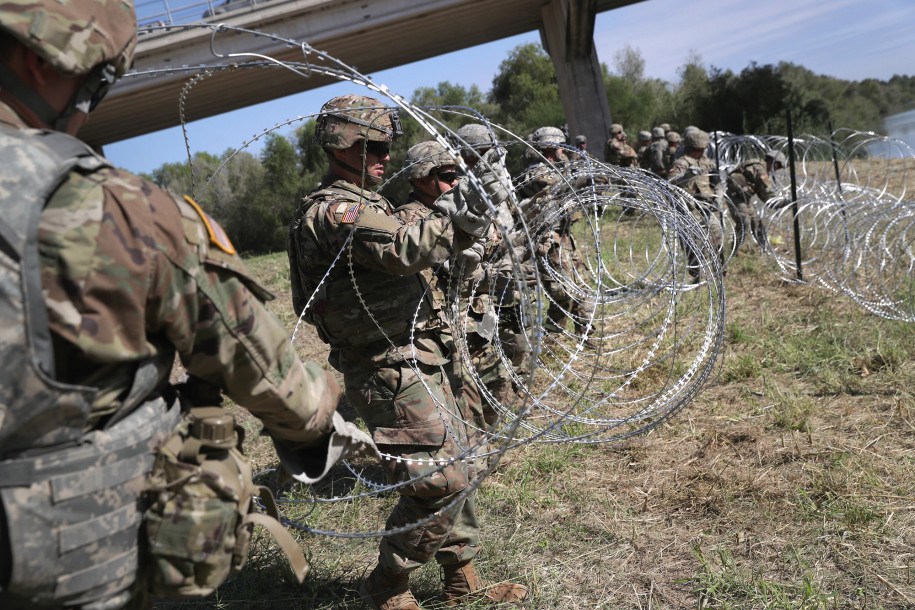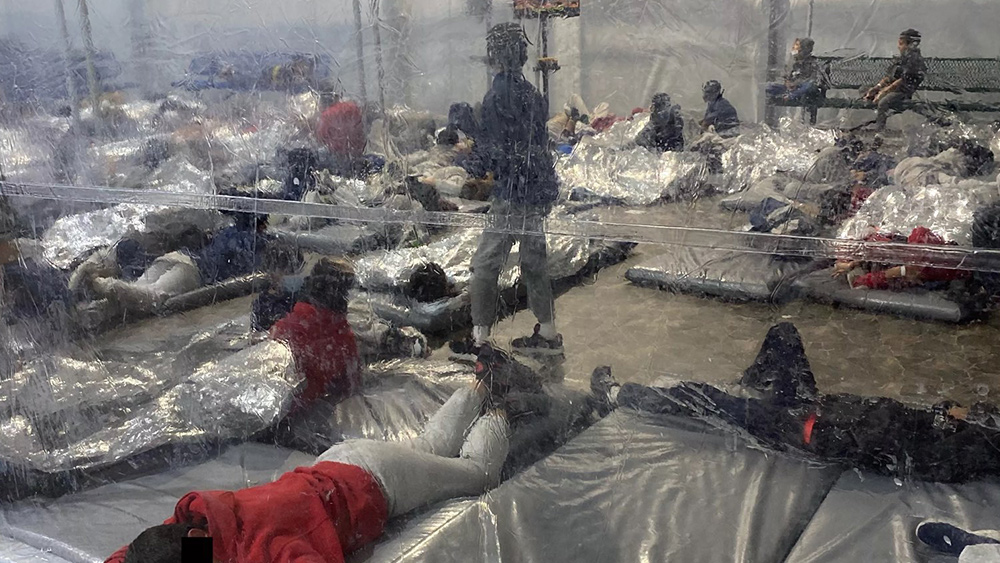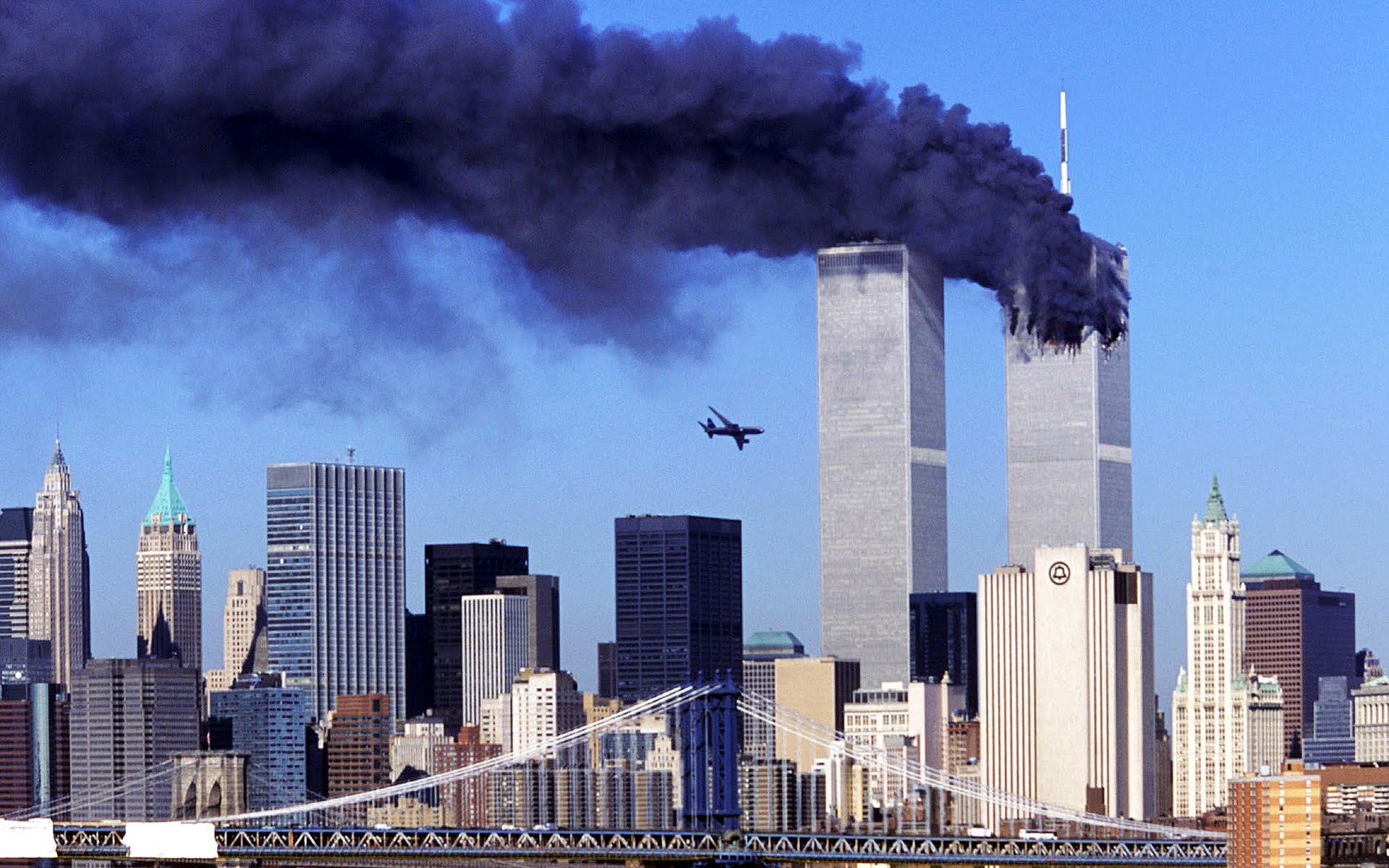No new wars: Trump to CUT military spending, work with Russia and China on denuclearization
02/20/2025 / By Ramon Tomey

- President Trump announced a potential 50 percent cut to military spending, aligning with his campaign promise of “no new wars.”
- Trump’s proposal has caused defense company stocks to drop and raised questions about the future of the military-industrial complex.
- He plans to negotiate with China and Russia on reducing military expenditures and nuclear arsenals.
- Despite challenges, Trump remains optimistic about achieving denuclearization, citing support from both China and Russia.
- Critics argue that his administration’s push for a new missile defense system and congressional efforts to increase military spending contradict his stated goals.
In a move that appears to fulfill his promise of “no new wars” during his campaign, President Donald Trump has announced a potential reduction in military spending.
During remarks to reporters at the White House on Feb. 13, Trump said he is mulling a potential 50 percent budget cut to military spending. This aligns with his long-standing skepticism of foreign interventions, and also signals a potential shift away from the massive defense budgets that have fueled the military-industrial complex – which relies heavily on government contracts for weapons production and modernization.
“I’m going to say there’s no reason for us to be spending almost $1 trillion on the military. We can spend this on other things,” Trump said. “I want to say, let’s cut our military budget in half. And we can do that, and I think we’ll be able to do that.”
According to the Sweden-based Stockholm International Peace Research Institute, Washington currently accounts for 37 percent of global military spending. Not even the combined percentage of China at 12 percent and Russia’s 4.5 percent could match America’s numbers, the institute adds.
Trump’s remarks caused defense company stocks to plummet – with CBS News reporting that Lockheed Martin, Northrop Grumman and General Dynamics all experienced significant drops. Analysts noted that the president’s mixed messaging on defense spending has created uncertainty in the sector. Nevertheless, his remarks have raised questions about the future of the military-industrial complex.
Trump wants to reduce military expenditures and nuclear arsenals
Trump also told reporters that he wants to negotiate with Moscow and Beijing on reducing military expenditures and nuclear arsenals.
“At some point, when things settle down, I’m going to meet with China and I’m going to meet with Russia – in particular those two,” the 47th president continued. “When we straighten it all out, then one of the first meetings I want to have is with President Xi [Jinping] of China and President [Vladimir] Putin of Russia.”
Trump’s focus on denuclearization also took center stage during his address to the World Economic Forum 2025 in Davos, Switzerland held last month. Recalling his earlier discussions with Putin, Trump told the summit attendees: “I can tell you that President Putin wanted to do it, he and I wanted to do it.” He added that China had also expressed interest in the idea, calling it “an unbelievable thing for the planet.” (Related: Trump revives push for NUCLEAR ARMS REDUCTION talks with Russia and China.)
However, Trump’s vision for denuclearization faces significant challenges. The New START pact, the last major arms control agreement between the U.S. and Russia, is set to expire in 2026, and no replacement has been proposed. Russia suspended its participation in the treaty in 2023, citing U.S. military support for Ukraine during the administration of former U.S. President Joe Biden.
Despite these hurdles, Trump remains optimistic about reaching a deal. “Tremendous amounts of money are being spent on nuclear, and the destructive capability is something that we don’t even want to talk about,” he pointed out.
While Trump’s proposals have been welcomed by advocates of peace and fiscal responsibility, critics argue that his administration’s simultaneous push for a new missile defense system and congressional efforts to increase military spending by $100 billion undermine his stated goals. As Trump’s second administration unfolds, his calls for reduced military spending and denuclearization represent a bold departure from traditional U.S. defense policy.
Watch this video discussing Donald Trump and Vladimir Putin sending peace signals, a welcome development in the ongoing Russia-Ukraine war.
This video is from the Cynthia’s Pursuit of Truth channel on Brighteon.com.
More related stories:
Trump plans to protect the U.S. with an “Iron Dome” as space war heats up.
U.S. foreign aid freeze: Trump administration halts billions in assistance.
Germany rejects Trump’s call for increased military spending.
Sources include:
Submit a correction >>
Tagged Under:
big government, China, defense industry, denuclearization, Donald Trump, foreign relations, military, military spending, military-industrial complex, money supply, national security, no new wars, nuclear arms race, nuclear war, nuclear weapons, progress, rational, Russia, Vladimir Putin, White House, Xi Jinping
This article may contain statements that reflect the opinion of the author
RECENT NEWS & ARTICLES
COPYRIGHT © 2017 NATIONAL SECURITY NEWS








